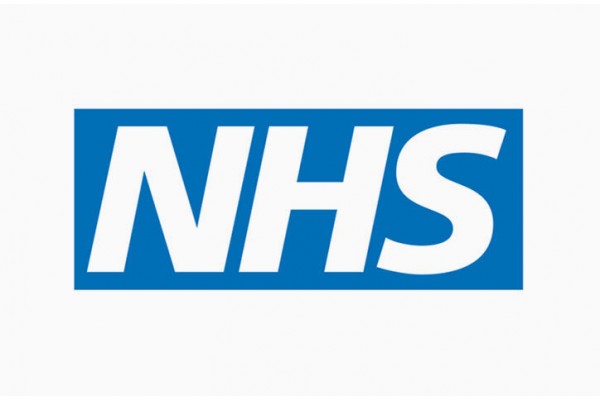NHS Extends Eligibility for Shingles Vaccine to Almost One Million People
July 15, 2023
Source: drugdu
 562
562

The NHS has announced that almost a million more people (900,000) will become eligible for a shingles vaccination with the newly available vaccine, Shingrix, starting in September.
The decision was made after the Joint Committee on Vaccination and Immunisation (JCVI) recommended that the Shingrix vaccine be given to a wider cohort of people after trials showed that the vaccine was highly effective and safe for people in those groups.
Shingles is an infection that can occur at any age. It causes a rash that can be extremely painful and the pain can remain for many years after the rash has disappeared.
Although it cannot be transmitted from other people, it develops in people who have previously been infected with chickenpox over their lifetime.
Studies have shown that nine out of ten adults are already infected with the virus that causes shingles, and around one in four people will go on to develop shingles in their lifetime.
Dr Mary Ramsay, director of immunisation at the UK Health Security Agency, said: "Shingles is an extremely painful condition, and complications can be long-lasting. Older people and those with weakened immune systems are particularly vulnerable.
“Two doses of vaccine are highly effective in reducing your risk of getting shingles, or if you do develop shingles, reduce the severity of your symptoms. I strongly urge all those eligible to protect themselves by taking up the offer of a vaccine when they are contacted by their GP.”
The vaccine significantly reduces the risk of people developing shingles and experiencing severe symptoms that can include blindness, hearing loss, nerve pain and even death.
Currently, anyone over the age of 70 is eligible to receive the shingles vaccine. However, from 1 September, people will become eligible when they reach the ages of 65 and 70.
Those who are severely immunosuppressed and over 50 will get two doses of the Shingrix vaccine. The gap between doses for immunocompromised patients is from eight to six months, and six to 12 months for those that are immunocompetent.
Fiona Hazel, chair of the Blood Cancer Alliance and chief executive officer of Leukaemia UK, said: "If you are living with blood cancer, you are likely to have a weakened immune system, which means you are more likely to develop shingles and experience more serious side effects."
People who have already been vaccinated against shingles and have received the Zostavax vaccine will not need re-vaccination with Shingrix. Neither will immunocompromised individuals who have already received two doses of Shingrix.
Eligibility is set to be expanded to include people aged 60 and older by September 2028.
Source: pmlive.com
By editorRead more on
- The first subject has been dosed in the Phase I clinical trial of Yuandong Bio’s EP-0210 monoclonal antibody injection. February 10, 2026
- Clinical trial of recombinant herpes zoster ZFA01 adjuvant vaccine (CHO cells) approved February 10, 2026
- Heyu Pharmaceuticals’ FGFR4 inhibitor ipagoglottinib has received Fast Track designation from the FDA for the treatment of advanced HCC patients with FGF19 overexpression who have been treated with ICIs and mTKIs. February 10, 2026
- Sanofi’s “Rilzabrutinib” has been recognized as a Breakthrough Therapy in the United States and an Orphan Drug in Japan, and has applied for marketing approval in China. February 10, 2026
- Domestically developed blockbuster ADC approved for new indication February 10, 2026
your submission has already been received.
OK
Subscribe
Please enter a valid Email address!
Submit
The most relevant industry news & insight will be sent to you every two weeks.



